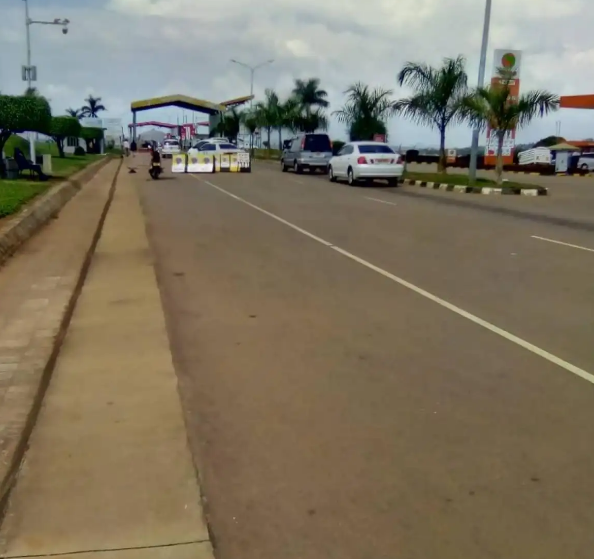A cross section of passengers who have been asked to take COVID-19 test by the Ministry of Health on arrival at Entebbe international Airport are angry about congestion and long waiting hours at the testing centre.
The centre was set up as one of the new measures at the airport in order to curb the spread of COVID-19. This was after the Health ministry said the Indian variant had been detected in the country a few weeks ago.
As a result, some of the measures include travel ban between India and Uganda effective May 1. Also passengers except nationals and diplomats, who have been in India in the last 14 days have been denied entry.
The Health ministry has also for the last two weeks asked passengers from India and eight other high risk countries such as the United States of America, Ethiopia, United Arab Emirates, and Tanzania to take a PCR test on arrival at Entebbe International Airport. Also those from South Africa, Turkey, South Sudan, and Tanzania are eligible for the test.
This new measure however comes at a time when all passengers are required to present a negative COVID-19 test result taken within 120 hours before arrival in Uganda.
Now some of the passengers are unhappy about it, saying they are undergoing “double testing” at Entebbe Airport. The testing centre, near the airport, was opened last week.
Six health workers have been deployed at the arrivals section of the airport while others are manning the testing centre that has been set up at gardens of Peniel Beach Hotel. The gardens are less than one kilometre from the airport.
Emmanuel Ainebyoona, the spokesperson at the health ministry, says that since May 10th, 2,200 travelers have been tested at the new centre. Of these, 18 have tested positive and are being handled at various hospitals including Entebbe Regional Referral Hospital, which is less than 2 kilometres from the airport.
He says the tests are being done by three private laboratories, that is Safari Laboratory, Test and Fly and Case Hospital. “We extended the testing services to private laboratories so that the ministry concentrates on managing the COVID-19 patients.” Ainebyoona adds that the test results are released after four hours.
However, some of the passengers who have undertaken the test are unhappy about the process. The process starts from the time travelers arrive and depart the airport premises.
At the airport, a health team is pinning yellow stickers on passports for passengers who are eligible for the test. Those ineligible are given red stickers are allowed to move out freely. But those with yellow stickers must each pay 65 US Dollars (about shillings 250,000) for the test from the arrivals section.
They also exit through a sealed path to ensure they do not mix up with the general public. They are thereafter asked to board buses from the parking lot, under strict surveillance of both health workers and security officers. The buses then take the passengers to the testing centre.
Now, Aron Kiwanuka and Shakira Nambatya who both returned from Saudi Arabia say the process is tedious and costly. Nambatya and other passengers decry the cost of the test and also the time they have to wait for the results.
Nambatya is urging President Yoweri Kaguta Museveni to intervene and either ask the ministry to stop testing travelers or make it free.
Meanwhile, Kiwanuka says he was not aware that he would be required to take the test at his own cost on arrival.
Other passengers and their relatives agree with Nambatya, saying that the government should either lower the cost or make it free.
A Kenyan national says he was shocked that he and his colleague who returned from a business trip in Nairobi were asked to test and yet Kenya is not on the list of high risk countries. Nonetheless , he has urged the government to borrow a leaf from other countries like Kenya where travelers test on arrival but they receive results on email. Those who test COVID-19 positive are followed up by surveillance teams.
He adds that there is need to decongest the testing centre because there is hardly social distancing observed in the tents that have been erected at Peniel Beach Hotel gardens.
However, Ainebyoona has refuted claims of congestion at the centre, saying the tents can accommodate at least 1,000 people. He adds that passengers must always keep abreast of the ever changing travel restrictions so that they are not caught off-guard. “I think the problem is that travelers are frustrated by the waiting hours, But there is no congestion.”
URN








